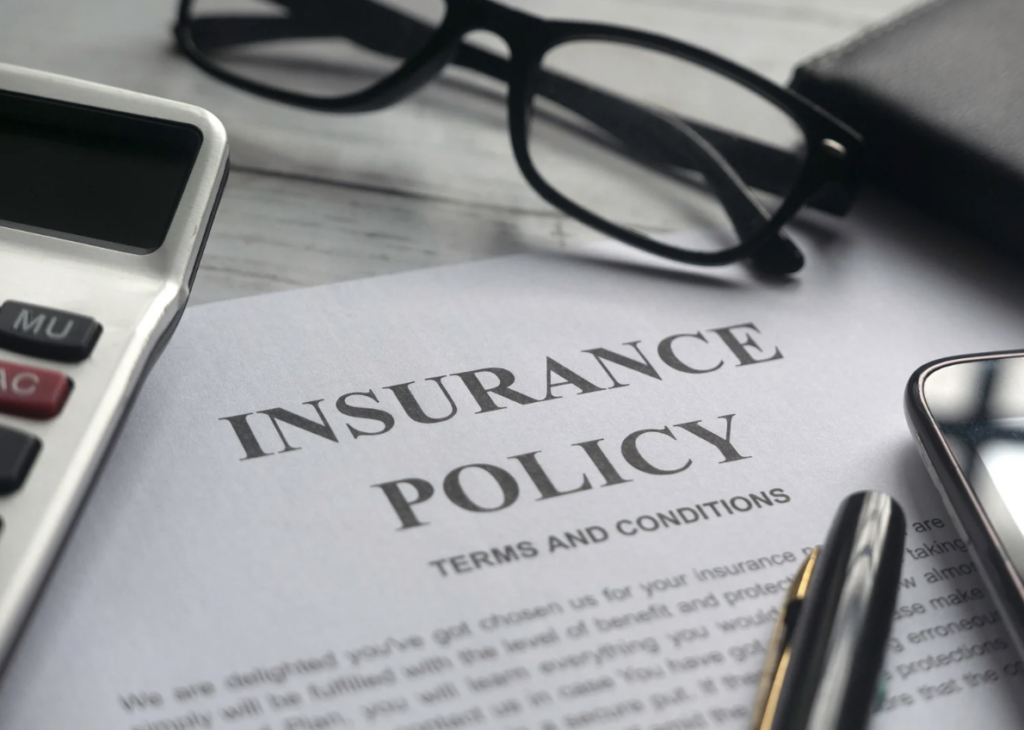Occupational Disability Insurance
If, as a result the German state system offers you very little cover if you are no longer able to earn a living, either through illness or accident (and even less if you have just arrived here). Occupational disability pension is a key part of anyone´s overall protection of an accident or an illness you are permanently no longer in a position to earn a living, there is a state reduced earning capacity pensions in place (Erwerbsminderungsrente).

Occupational Disability Insurance – 8 Things To Know
How Much Income Will State Coverage Replace?
State occupational disability coverage will only replace a small portion of your income loss. As a general rule of thumb, if you are able to work between 3 and 6 hours a day, you can expect to receive about 20% of your last salary. If you are only able to work less than 3 hours per day, this percentage increases to 40%. However, these benefits are only applicable if you are unable to work in any profession, not just your current one. You can check the exact amount you will receive in the annual letter from the statutory pension scheme, known as the Gesetzliche Rentenversicherung (GRV).
What Is the Coverage Gap for Expats in Germany?
The bigger challenge expats face when coming to Germany is that if you haven’t paid into the GRV system for at least 5 years, you are not eligible for any coverage. Even once you’ve qualified, you must have contributed for at least 3 out of the last 5 years to maintain coverage. This means there will be a period where you won’t be covered at all, which is a significant risk, particularly for those moving from abroad.
Why Is Private Occupational Disability Insurance Important for Expats?
Given the limitations of state coverage, private occupational disability insurance is a crucial safety net for expats. This insurance protects your financial future by providing worldwide cover and pays benefits once you are 50% disabled in your current profession. Importantly, you won’t be forced to switch to a new profession you may still be able to perform, allowing you to focus on your recovery without additional career stress.

How Are Premiums Determined for Occupational Disability Insurance?
The premiums for occupational disability insurance depend on factors like your age and profession. Different jobs are classified into various risk groups; for example, IT professionals are categorized in the lowest-risk group, while roofers are in the highest-risk group. Once you are placed in a risk group, you will stay in it, regardless of changes to your current occupation. Additionally, high-risk hobbies can increase your premiums, so it’s essential to factor those into your insurance decision.
How Much of Your Salary Should You Insure?
To cover your income loss effectively, it is recommended to insure about 60% of your current salary. You also need to be aware that with private insurance, you will have to cover all your social contributions on your own, without any support from an employer. This ensures you can maintain your standard of living, even if you are unable to work due to a disability.
Is Occupational Disability Insurance Expensive?
While occupational disability insurance can be relatively expensive, especially for higher earners, it’s essential to calculate how much you will need each month to maintain a comfortable lifestyle. For many, the benefits far outweigh the costs, as it provides peace of mind in the face of unpredictable events that could affect your ability to work.
Can School Children and Students Be Insured?
Children and students typically don’t benefit from state disability insurance since they haven’t paid into the GRV system. However, you can insure your children privately as early as age 15. The advantage of doing this early is that they are placed in a low-risk group (1 or 1+), which they keep for life, regardless of their future profession. Additionally, young people usually have fewer health issues, resulting in lower premiums and fewer exclusions.
What Should You Consider When Choosing an Insurance Provider?
When selecting an occupational disability insurance provider, it’s crucial to assess various factors that can impact your coverage and premiums. Look for providers that offer flexible policy options, allowing you to adjust coverage as your circumstances change. Consulting with an insurance broker who specializes in expat needs also provides valuable insights and will help you navigate the complexities of choosing the right policy for your situation. You can arrange a free consultation with us here.
The Financial Risk That The Insurance Company Carries Whilst Insuring Occupational Disability Is Very High
due to the high proportion of people who become unable to work. This in turn means that stringent questions regarding your health have to be answered. Even small health issues often lead to certain areas regarding your health being not insurable and therefore excluded in the cover offered to you. It is also possible that a higher risk for the insurance company due to health issues can lead to extra premiums. Some professions are non insurable due to the risk involved; these include professional sportsmen and the armed forces.
Secure your future abroad with tailored insurance & pension plans
Get expert advice on the best solutions for expats – personalized to fit your unique needs. Start planning today!
